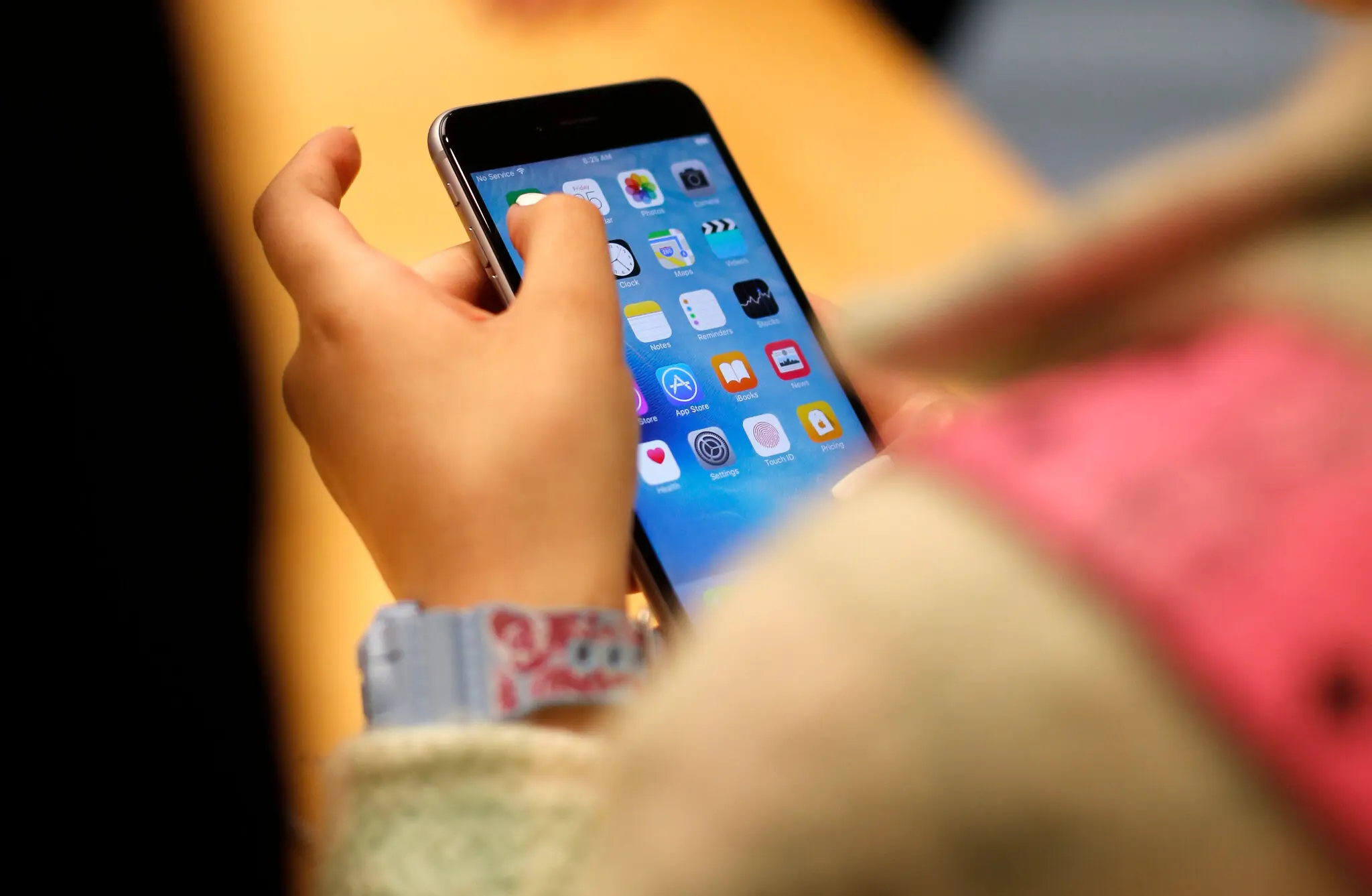Study Reveals Addictive Use—Not Screen Time Alone—Is the Real Threat to Youth Mental Health
By Edwin V. Christopher

A comprehensive new study has shifted the conversation around youth mental health and digital technology, revealing that the true threat to young people's well-being stems not from overall screen time, but from the addictive and compulsive nature of digital habits. Conducted across multiple countries, the research found no consistent link between time spent online and poor mental health; instead, problematic usage—characterized by loss of control, withdrawal symptoms, and interference with daily life—correlated strongly with anxiety, depression, and sleep issues. Compulsive behaviors like endless scrolling, reflexive app checking, and prioritizing digital over real-life interactions created feedback loops of overstimulation, social comparison, and emotional distress. Social media platforms with algorithmic feeds and addictive features were especially harmful, particularly to vulnerable teens from lower-income families or those with pre-existing mental health issues. The study warns against over-monitoring screen time and advocates for mindful, purpose-driven digital use, supported by education on digital literacy, emotional regulation, and app design awareness. Experts call for policies focusing on tech hygiene, collaborative parent-teen conversations, mental health access, and tech reform to reduce manipulative engagement strategies. While digital tools can offer connection and creativity, the study emphasizes intentional use and system-level change, reframing the issue from a screen-time problem to one of behavioral addiction and systemic design. The findings have major implications for public health, parenting, and education, and arrive as global youth mental health faces critical challenges amid pandemic aftershocks and social pressures. The solution, researchers stress, lies in awareness, empathy, and balanced engagement—not blanket bans.